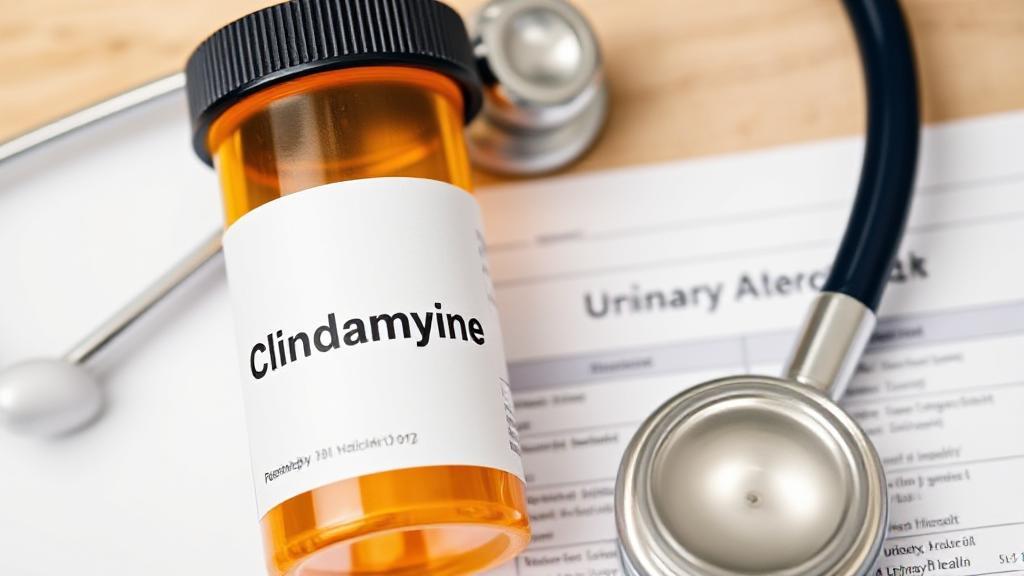Understanding Urinary Tract Infections (UTIs)
Urinary Tract Infections (UTIs) are common bacterial infections affecting the urinary system, including the bladder, kidneys, ureters, and urethra. They are typically caused by bacteria, with Escherichia coli (E. coli) being responsible for approximately 80-90% of uncomplicated UTIs.
Common Symptoms
- Strong, persistent urge to urinate
- Burning sensation during urination
- Cloudy or strong-smelling urine
- Pelvic pain
- Blood in urine
- Fever over 101°F (38.3°C)
- Severe back pain
Treatment Options
First-Line Antibiotics
The standard treatment for UTIs involves antibiotics specifically chosen for their effectiveness against common UTI-causing bacteria:
- Nitrofurantoin (Macrobid, Macrodantin)
- Trimethoprim-sulfamethoxazole (Bactrim, Septra)
- Fosfomycin (Monurol)
- Ciprofloxacin (Cipro)
- Amoxicillin/clavulanate (Augmentin)
Duration of Treatment
- 3-5 days for women
- 7-14 days for men
- Longer courses for complicated UTIs
Clindamycin and UTIs
Overview
Clindamycin is an antibiotic belonging to the lincosamide class that works by inhibiting bacterial protein synthesis. While effective against various bacterial infections, it is not typically recommended for UTIs.
Primary Uses of Clindamycin
- Skin and soft tissue infections
- Respiratory tract infections
- Bone and joint infections
- Certain types of bacterial vaginosis
Limitations for UTI Treatment
Clindamycin is not commonly used for UTIs because:
- Limited effectiveness against E. coli
- Poor concentration in urine
- Better alternatives are available
Rare Cases for Clindamycin Use
Clindamycin might be considered when:
- There's a concurrent infection requiring clindamycin
- Antibiotic resistance to standard treatments exists
- Patients have specific allergies to first-line antibiotics
Prevention and Natural Supplements
"Prevention is better than cure" - This is especially true for recurring UTIs.
Preventive Measures
- Drink plenty of water
- Urinate after sexual activity
- Wipe from front to back
- Consider cranberry supplements
- Maintain good hygiene
Recommended Supplements
| Supplement | Recommended Daily Dose |
|---|---|
| Cranberry | 500-1500mg |
| D-Mannose | 2000mg |
| Vitamin C | 500-1000mg |
Antibiotic Resistance Concerns
To prevent antibiotic resistance:
- Complete the full course of prescribed antibiotics
- Only use antibiotics when prescribed
- Follow proper dosing instructions
- Never use leftover antibiotics
